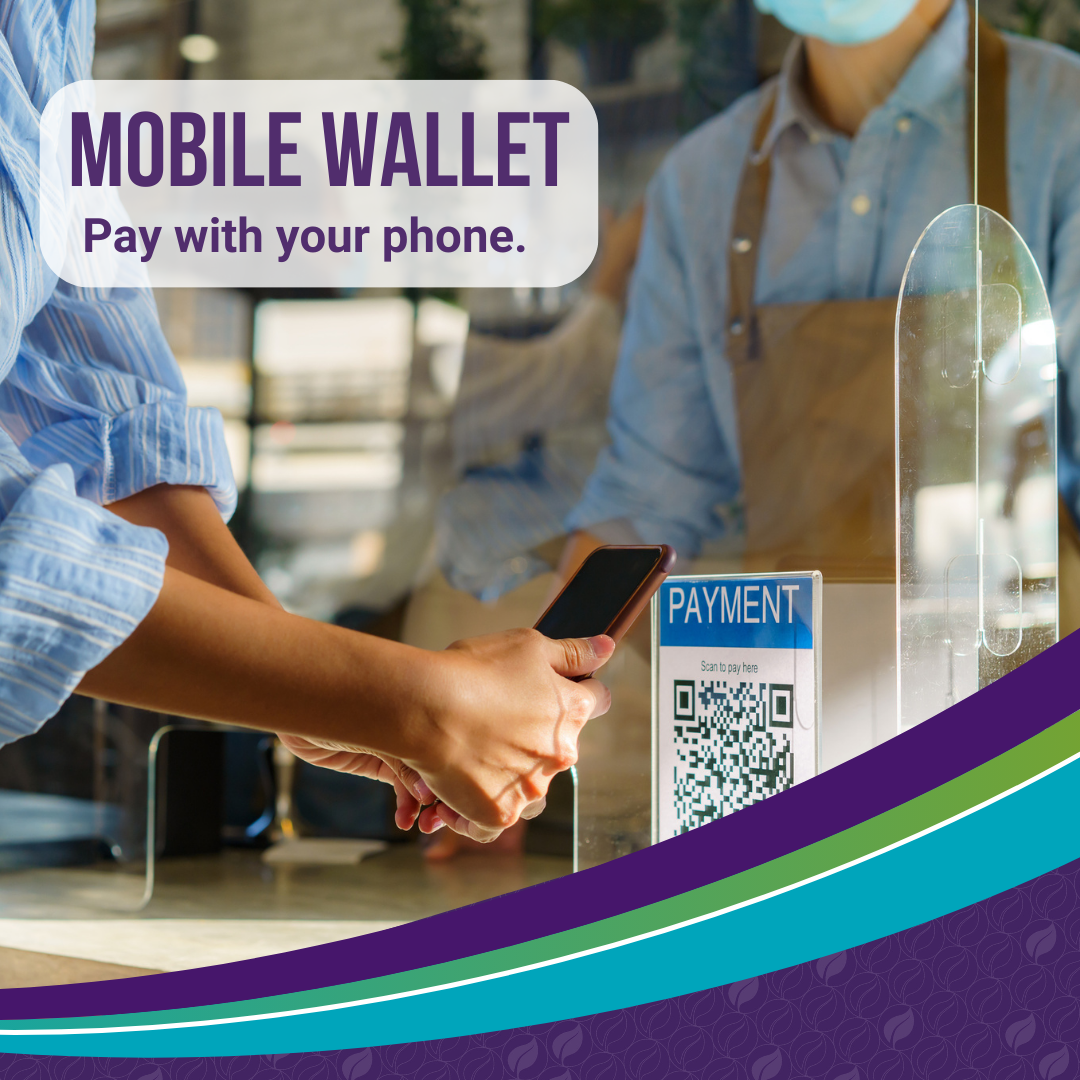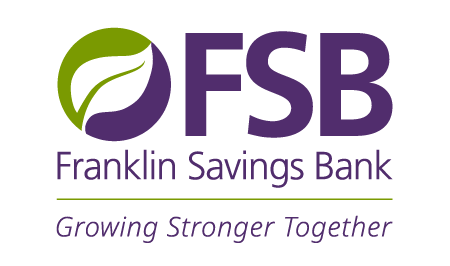According to the IRS, millions of Americans have already received their Economic Impact Payments under the Coronavirus Aid, Relief, and Economic Security Act (CARES Act). While the IRS is continuing to calculate and send payments to eligible individuals, some may have to provide additional information in order to receive their stimulus check. Please visit the Economic Impact Payment Information Center on the IRS website for additional information on some commonly asked questions concerning the Economic Impact Payments.
In March, Congress passed—and President Trump signed into law—the CARES Act, a $2 trillion economic relief package to provide assistance to American consumers and businesses struggling as a result of the coronavirus pandemic. A provision of the law includes sending government payments to eligible Americans. Below are some answers to common questions concerning these payments.
1. How large of a payment will I receive?
The CARES Act outlines the parameters of who is eligible to receive a payment. The Internal Revenue Service is the agency responsible for determining eligibility. In general, single adults with an adjusted gross income of $75,000 or less will get $1,200. Married couples earning a combined adjusted gross income of $150,000 or less will receive a total of $2,400. Individual and married taxpayers earning over $75,000 and $150,000 respectively, will get reduced payments with full phase-outs at $99,000 and $198,000. There are additional $500 payments for dependent children.
Visit the IRS website for eligibility information.
2. When will I receive my payment?
The Department of the Treasury intends to send the payments out as soon as possible. If you filed taxes in 2018 or 2019 and included your bank routing and account number for payments or refunds, and this information has not changed, the IRS has the information it needs to send your payment electronically. For Social Security recipients, the IRS will use direct deposit by the Social Security Administration to facilitate payments. If the direct deposit information you have provided in the past is for a bank-issued prepaid debit card, you will receive your funds on that card account. Recipients will be mailed a check if the IRS does not have your information on file. Check payments will follow weeks or possibly months after the direct deposits are sent.
3. Can I receive my payment electronically if my current information is not on file with the
IRS?
Treasury has announced the IRS will create an online portal for individuals to provide their banking information to receive their payments faster. You will need your bank routing number and personal bank account number. At this time, the IRS online portal is under development. More information will be coming soon; therefore, we will provide additional information as it becomes available. While the IRS has extended the tax filing deadline this year from April 15 to July 15, another option is to file your 2019 taxes as soon as possible with bank routing and account number provided on the form.
4. What if I am typically not required to file a tax return?
People who typically do not file a tax return and are not Social Security beneficiaries will need to file a simple tax return to receive an economic impact payment. Certain low-income taxpayers, veterans and individuals with disabilities who are otherwise not required to file a tax return will not owe tax. The IRS.gov/coronavirus website will soon provide information instructing people in these groups on how to file a 2019 tax return with simple but necessary information, including their filing status, number of dependents and direct deposit bank account information. As noted above, Social Security recipients who have not been required to file tax returns will not be required to file a tax return to receive their payments.
5. What is a bank routing and account number?
Bank routing and account numbers direct payments to your bank account at your financial institution. If you have a checking account at a financial institution the information is on the paper check. The bank routing number is on the lower left-hand corner of the check, which provides the Treasury with the correct bank to send the payment. Your individual account number is displayed to the right of the routing number. That tells the bank to credit your specific account. Bank-issued reloadable prepaid debit card accounts have the same numbers, but the way they are provided to you will vary.
6. How do I find this information if I can’t find my checkbook or was never issued any checks
at all?
Log into your Online Banking or Mobile Banking account with Franklin Savings Bank to locate your account number. Our routing number is also displayed on the bottom, right-hand side of this page. Please give us a call at 1.800.372.4445 if you still are unable to find the information or can’t log into your accounts. Please remember that to protect your finances from fraudsters, we will not provide your account number over the phone.
7. I have a bank account. Can I still receive a paper check?
Yes, but be aware that your payment will be slower than an electronic transfer. Paper checks may be sent out weeks after the electronic checks are sent. If you are willing to wait, we recommend you deposit the check through mobile deposit or online check deposit. This involves taking a picture of your check through our Mobile Banking app. Follow the simple directions and you can make the deposit from the comfort and safety of your home the same day the check arrives in the mail. Alternatively, you can make the deposit at any of our ATMs. The important thing to remember is that with branches closed or restricted, you may be required to visit one of our drive-up locations if you want to deposit the check in person.
8. I don’t have a bank account, but want to receive my money faster. What can I do?
You may open an account online with FSB without the need to leave your home.
9. What can I do to prevent fraudsters from accessing my funds?
There will be a large amount of funds disbursed to qualifying individuals. Accordingly, there is a risk for fraud of various types. The IRS has announced several ways individuals can be on guard against these types of bad activities. For more information on coronavirus-related scams, visit IRS.gov.
It is important to remember that banks or the federal government will never contact you by telephone, text or email, asking for your account information. Do not provide any banking information to anyone claiming to be registering you for your relief payment.
Additional resources on Economic Stimulus relief
Consumer Financial Protection Bureau: A guide to COVID-19 economic stimulus relief
NH Department of Justice: COVID-19 Scam Alerts
Department of Health & Human Services: Economic Impact Payments




